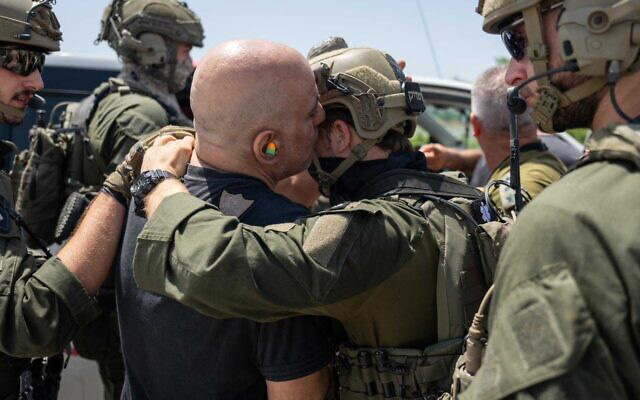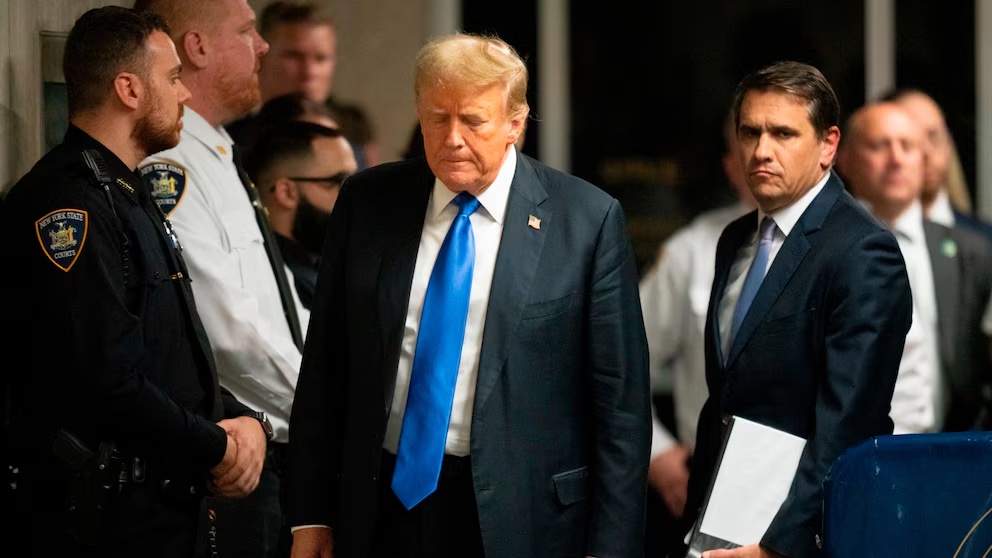Originally written December 13, 2018
In November, the New York State Education Department put forward new requirements to determine if nonpublic schools have met their defined standards of “Substantial Equivalency” of a public school education. This is on the heels of the decision in April of 2018 by the New York State Legislature to give the Commissioner of Education the authority to inspect nonpublic schools to determine if their education is up to the defined standards.
The Legislature defined educational expectations in § 3204 of Education Law. However, they leave it up to the Education Department to decide how to calculate if a nonpublic school is compliant with the law. This allows for the Commissioner “…be the entity that determines whether nonpublic elementary and secondary schools are in compliance with the academic requirements set forth” in the law. So when Education Department, led by Commissioner MaryEllen Elia, released their regulations, many schools were surprised at the unnecessary stringency of the requirements.
According to the “Nonpublic School Self Study Tool Kit”, the requirements for grades 5-8 are broken down by subject’s instruction in units of study per week. A unit of study is defined at 180 minutes. When accounting for all the required subjects, which include English, Math, Science, Physical Education, Health, Music, and more, the minimum required time a nonpublic school must spend on these subjects is 36.75 hours per week. By contrast, regulationsfor public school list educational instructions for a minimum 5.5 hours per day, or 27.5 hours per week. Based on this, nonpublic schools require a minimum of 9.25 hours per week more than public schools to maintain a “Substantial Equivalency”.
However, this only tells half the story. According to the tool kit, minimum time for a nonpublic school to be open for the same educational grade range in 9 am – 5:30 pm for a majority of weekdays. That leaves a total of 42.5 hours (less than six hours a week for breakfast, lunch and recess, which are mandated by the State). This greatly affects Jewish Parochial schools (Yeshiva’s), which have a religious education on top of a secular one. All of this leads to the growing movement amongst the Jewish community in New York to have the Commissioner’s office change their guidelines before inspections begin in February 2019.
In a video circulating online, Rabbi Yisroel Reisman, the Head of Yeshiva Torah VDaath, describes the new regulations as “draconian, outrageous and immediate”. As of Thursday morning, a change.org petition has over 16,000 signatures. The Jewish community is organizing to tell the state that their regulations are an undue burden upon them, and it’s easy to see why.
Depending on the level of religiousness in your school, which ranges from reform to ultra-orthodox, a wide variety of classes are offered. Studies in biblical translation and interpretation, in depth analyses in Jewish law, and Talmudic studies are standard for many of these schools. The time commitments are different for Jewish schools as well. Schools typically close early on Fridays so the students have enough time to get home for the Sabbath (which starts prior to sunset and during the winter can start as early as 4 pm). In addition, as Jews pray 3 times a day, schools have morning and afternoon prayers every day (and in the winter, nighttime prayers are usually included as well). It is common, before these regulations, for students to spend 10 hours a day in school. Depending on the distance from their homes, leaving at 6 am and returning home after 8 pm. At which point, they are saddled with homework. All of this places an undue and unnecessary burden on children.
To add insult to injury, Yeshiva tuition for grades 5-8 averages between $9,000 – $15,000 per child. Yeshiva tuition at that age is not tax deductible, nor are eligible for school vouchers. Parents who choose to send their child to the Yeshiva education system and pay property taxes must pay public school taxes on top of the tuition costs, all to be told that the schools they choose to send their children to are deemed substandard.
If the counter-argument to these new regulations is the failing educational standard of nonpublic schools, the data would suggest otherwise. The Jewish Press recently published findings they received under a Freedom of Information Law request. The data showed that many Jewish Schools have a significantly higher average Regents (New York State’s Standardized Tests) score than their public school counterparts; sometimes over 30 points higher. This average is maintained over a variety of secular education subjects. Students are able to achieve these high scores while also receiving a religious education.
Failing to pass these inspections coming in 2019 can yield some significant consequences, including losing funding for textbooks and bussing. In some cases, schools could actually be closed, and parents instructed to send their children to public schools. Jewish families around the state sacrifice a lot of time and a lot of money to provide their children with an education that reflects the values of their communities. These regulations threaten that.
The New York State Education Department has, with these regulations, placed another undue burden upon the Jewish community and the Jewish educational system. Minimum educational standards for nonpublic schools that exceed the standards for public schools for the stated goal of equivalency is oxymoronic. To be truly equivalent, Jewish schools can education for less hours and still allow their standardized test scores to drop significantly. Commissioner MaryEllen Elia should study that data before implementing this decision.



